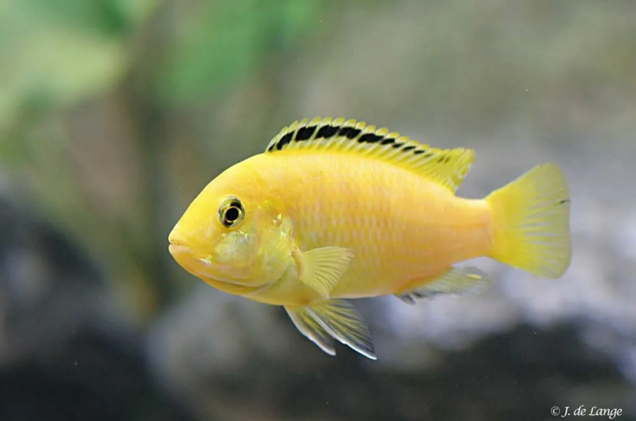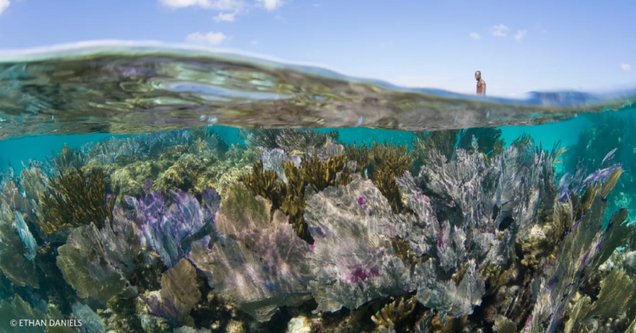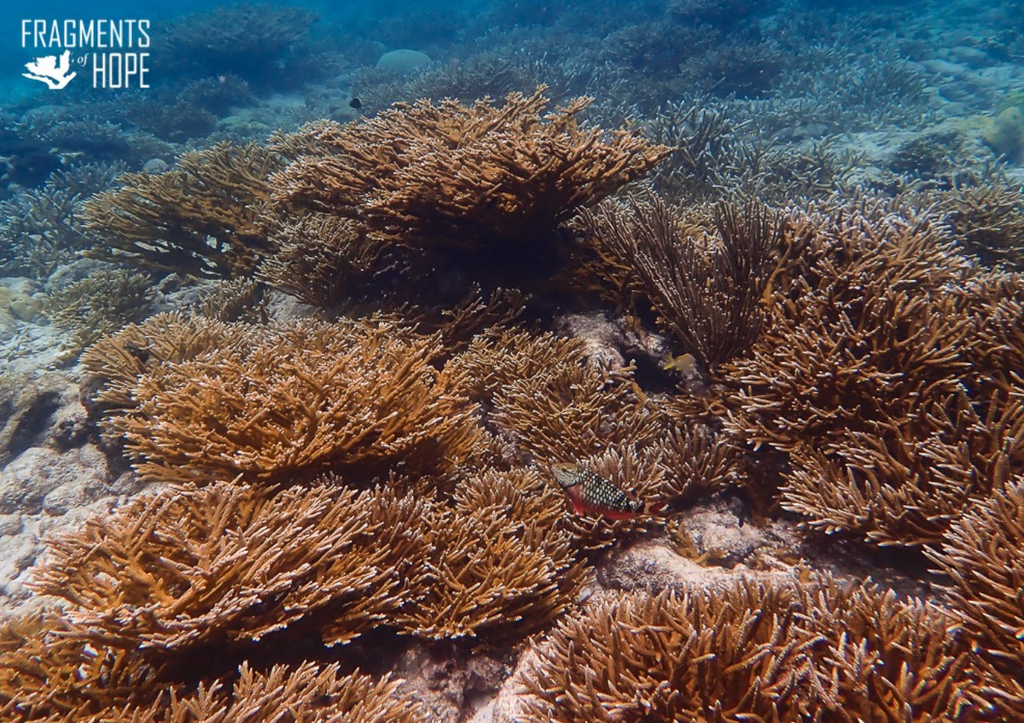Research
Recently, we have been working on understanding ecological processes in three different major geographies: the Gulf of Maine (North East – US), Lake Victoria (Africa), and the Mesoamerican Barrier Reef. Relevant projects in each of these regions are the following:
- Ecosystem based management in the Gulf of Maine
-
- Fishing, mineral extraction, & offshore wind
- Ecological forecasting of Boston watersheds
- Fishing, mineral extraction, & offshore wind
- Fisheries and Aquaculture in Lake Victoria, Africa
- Population restoration of Cichlids in Lake Victoria, Africa
 Population Restoration of Cichlids in Lake Victoria, Africa
Population Restoration of Cichlids in Lake Victoria, Africa
One of our primary interests is the study of the evolution of species flocks in the Great Lakes of East Africa, with a special focus on Lake Victoria. This project includes biotic survey of the headwaters of the White Nile, and laboratory studies on the morphology, ecology and genetics of haplochromine cichlids. These are the fastest-evolving and most rapidly disappearing fishes on earth.
 Dynamics of Mesoamerican Reef Communities
Dynamics of Mesoamerican Reef Communities
We are studying how reef communities are changing due to environmental and anthropogenic drivers such as increased temperature, salinity changes, pollution, overfishing and eutrophication. Our currently active field sites include Marine Protected Areas in Belize and Honduras, but we also collaborate with the “Strong Coasts Project” in Florida and the Virgin Islands. In our study locations we are conducting research on the trophic systems under different pressures (fisheries, tourism, climate change), and we are monitoring the reef’s resilience/functioning over time to better understand critical thresholds and inform the corresponding management authorities in each country.
 Spatial and Temporal Dynamics of Acroporid Coral Restoration
Spatial and Temporal Dynamics of Acroporid Coral Restoration
We are interested in understanding the effectiveness of restoration efforts with acroporid species (A. cervicornis and A. palmata) in Belize. We have analyzed images from several decades of restored areas with which we created high resolution – large scale photomosaic series that allow us to understand the spatial and temporal changes in coral communities and structural complexity of restored areas over time.